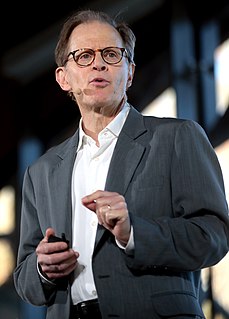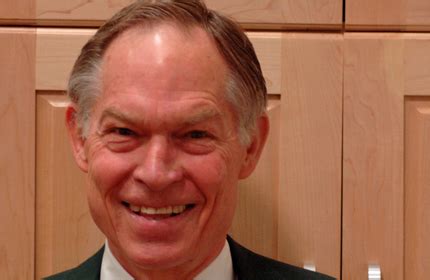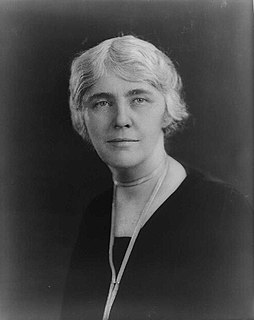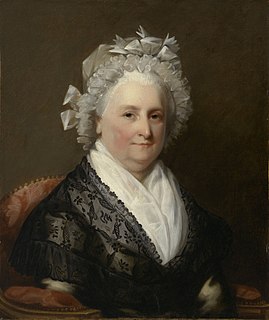A Quote by Barbara Bush
Giving frees us from the familiar territory of our own needs by opening our mind to the unexplained worlds occupied by the needs of others.
Related Quotes
When we ask we are owning our needs. Asking for love, comfort or understanding is a transaction between two people. You are saying: I have a need. It's not your problem. It's not your responsibility. You don't have to respond, but I'd like something from you.
This frees the other person to connect with you freely and without obligation. When we own that our needs are our responsibility we allow others to love us because we have something to offer. Asking is a far cry from demanding. When we demand love, we destroy it.
One of the most effective ways to overcome anxiety is to try to shift the focus of attention away from self and toward others. When we succeed in this, we find that the scale of our own problems diminishes. This is not to say we should ignore our own needs altogether, but rather that we should try to remember others' needs alongside our own, no matter how pressing ours may be
Notice carefully every word here. It is not our prayer which draws Jesus into our hearts. Nor is it our prayer which moves Jesus to come in to us. All He needs is access. He enters in of His own accord, because He desires to come in. To pray is nothing more involved than to let Jesus into our needs, and permitting Him to exercise His own power in dealing with them. And that requires no strength. It is only a question of our wills. Will we give Jesus access to our needs?.
Magic is a sudden opening of the mind to the wonder of existence. It is a sense that there is much more to life than we usually recognize; that we do not have to be confined by the limited views that our family, our society, or our own habitual thoughts impose on us; that life contains many dimensions, depths, textures, and meanings extending far beyond our familiar beliefs and concepts.
Grief allows you to let go of something you have lost only when you begin to accept what you now have in its place. As our mind clings to the familiar, to our established expectations, we can become trapped in feelings of disappointment, confusion, anger, that create our own internal worlds of suffering.
For to the extent that we act toward others as we feel we might, we open ourselves to their inner reality, and their needs and aspirations seem so important to us as our own. We hope their hopes will be fulfilled and need to see their needs satisfied. Their happiness makes us happy, and we are pained to see them hurt. We resonate with them and delight in their prosperity.
Now, we don't really believe these things - intellectually we know better - but we believe them viscerally, and live by them, and they cause us to prioritize our own needs over the needs of others, even though what we really want, in our hearts, is to be less selfish, more aware of what's actually happening in the present moment, more open, and more loving.
Human beings are not intrinsically selfish, which isolates us from others. We are essentially social animals who depend on others to meet our needs. We achieve happiness, prosperity and progress through social interaction. Therefore, having a kind and helpful attitude contributes to our own and others' happiness.
Jesus Christ does not teach us a spirituality “of closed eyes”, but one of “alertness”, one which entails an absolute duty to take notice of the needs of others and of situations involving those whom the Gospel tells us are our neighbours. The gaze of Jesus, what “his eyes” teach us, leads to human closeness, solidarity, giving time, sharing our gifts and even our material goods.






























